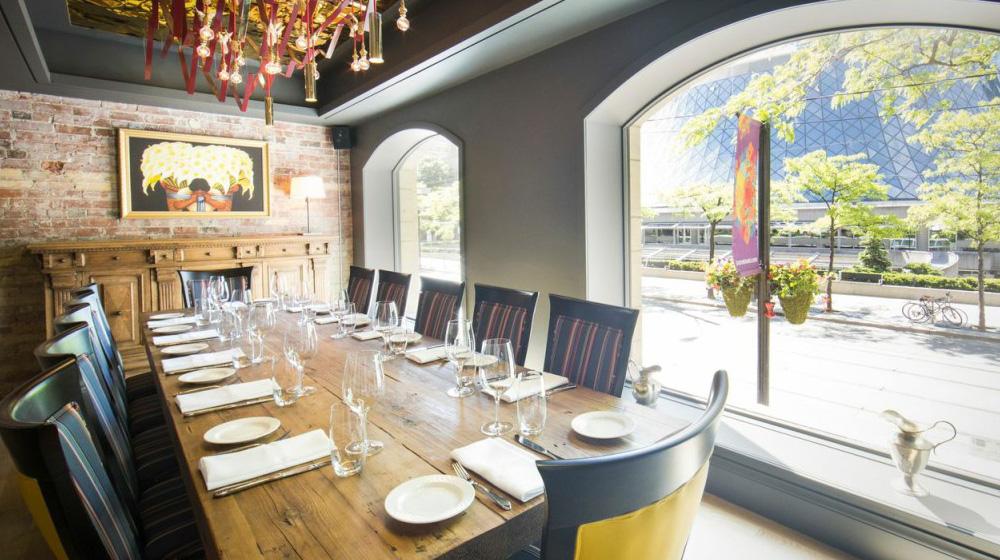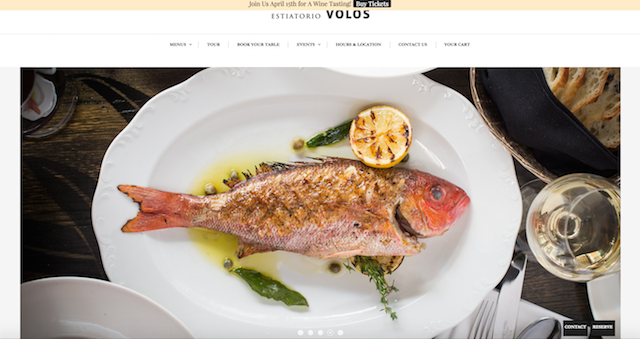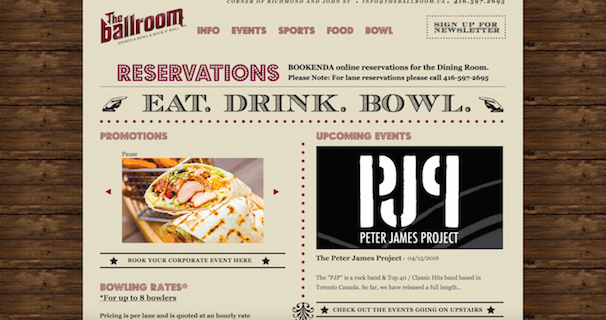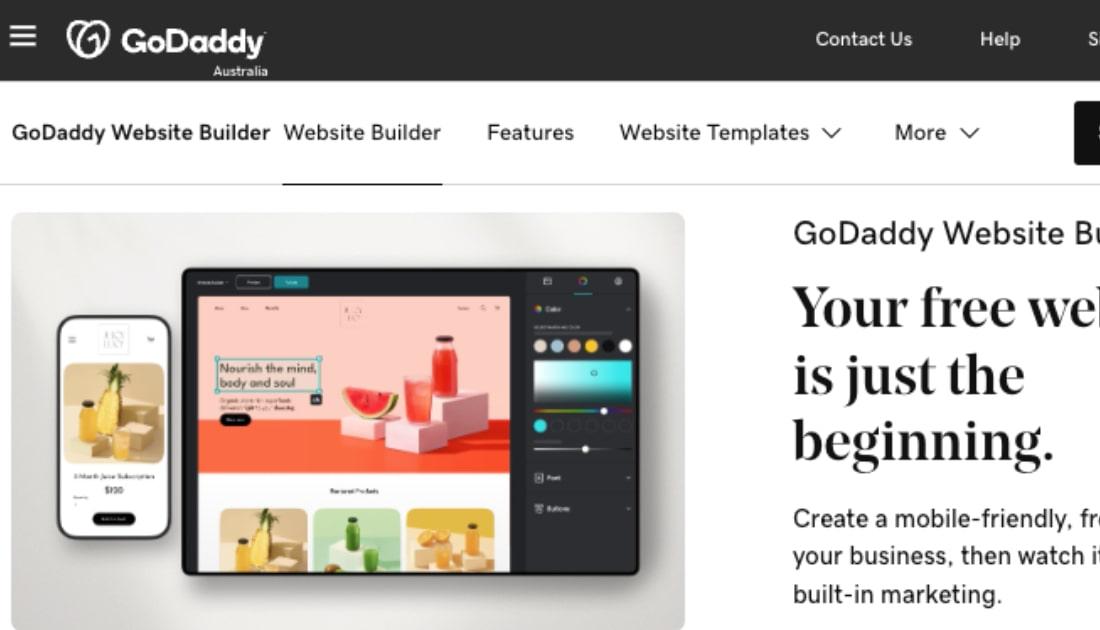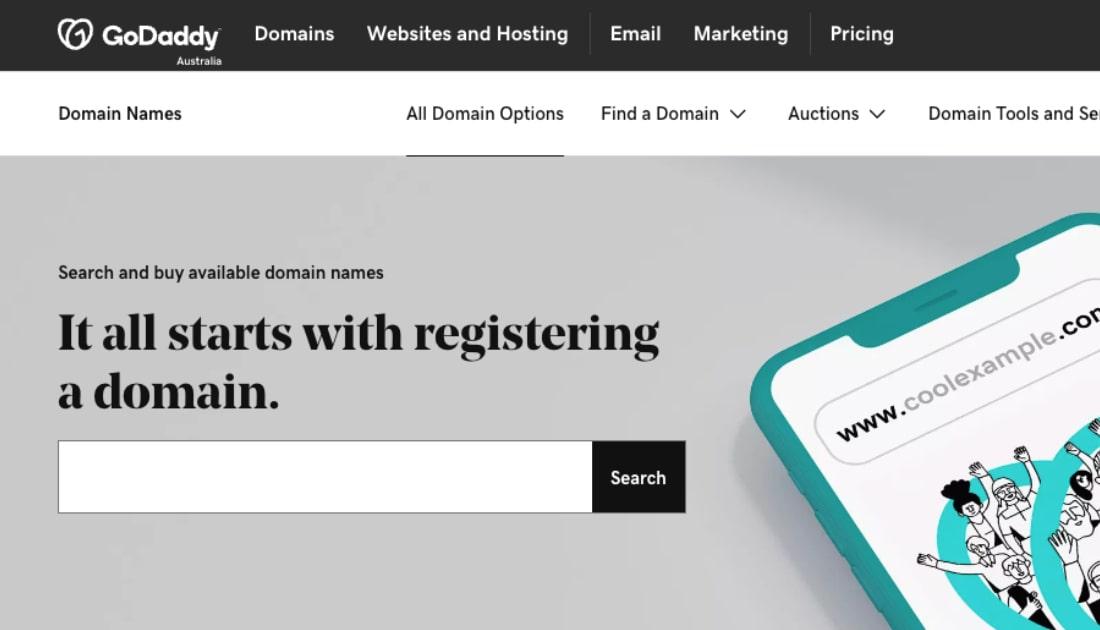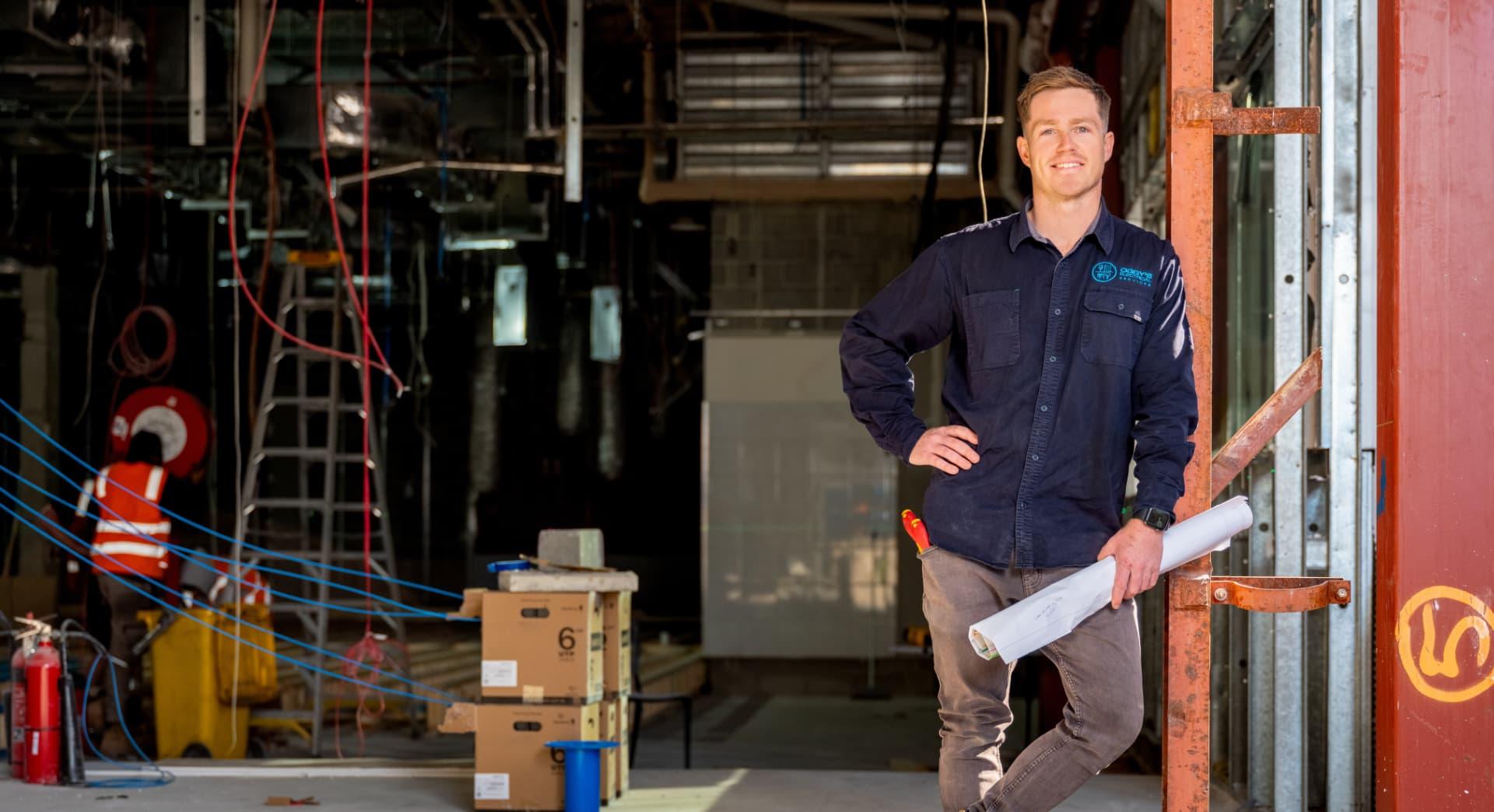Andreas Antoniou is not just a restaurateur; he’s an entrepreneur.
Like many small business owners, Andreas’ story begins with family. His father, who has been in the hospitality business in Toronto for more than 45 years, owned Little Anthony’s, an Italian restaurant in the heart of the city.
Today, LA’s — as it is affectionately known — is only one part of the family’s business, which has grown from two venues to six brands, including Los Colibris, El Caballito, Estiatorio Volos and The Ballroom (a bowling alley, restaurant and bar combined). As the business has expanded, so has the staff, from about 60 employees to nearly 250.
Beacon Restaurant Concepts goes online
“As we have grown and as we have modernized, the need for web presence, especially in the restaurant space, has become very, very important,” Andreas says.
The restaurant industry is one of the last retail industries that require people to physically walk through the doors of a building, he explains.
“A lot of people are using websites to sell products online and have them delivered," he adds. "We, on the other hand, don’t have that luxury. We need people in seats.”
Turning digital visitors into paying customers
To ensure website visitors become paying customers, a restaurant’s online presence must effectively communicate the experience you will have when you dine there. Andreas says:
“When someone visits the website, the experience they’re getting needs to be consistent with the experience they’ll receive at the venue. Consistent with the quality of food, the quality of service, the atmosphere … all those things need to come through.”
Like a good restaurant, speed of service is key, so Andreas needs his websites to load promptly. He says menus and visuals are especially important, allowing potential customers to find the information they need with as little effort as possible — the information they need to make the decision to visit one of his venues.
“From our standpoint, we’ve begun to minimize content and focus on four to five key factors that drive people’s decision-making process,” Andreas says. Often, visitors to a restaurant’s website have already decided to come and are simply looking to check out a menu, find directions for local parking, or get a phone number so they can call in a special request for the evening.
“The idea is to make that process as seamless as possible,” he says. “It’s a really big goal from a hospitality perspective.”
The power of identity and branding
Business owners can relate. When Andreas gets a new idea (and he says he gets a lot), he likes to buy the domain immediately. “I own a lot of domains,” he says. “Doing that is incredibly easy with GoDaddy.”
No matter how you look at it, from the standpoint of a restaurateur or entrepreneur, having the right domain name is essential to establish a business identity.
A good domain name makes it easier to find the business online, and can establish credibility and consistency of branding.
The right domain name is part of a restaurant’s online identity, so Andreas says he opts for Canadian .ca top-level domains whenever he can. A website address ending in .ca helps to communicate the venue’s location and its relevance in web searches.
Andreas says GoDaddy has been exceptional in helping secure the perfect domain names for his businesses. He uses GoDaddy Domain Broker services to help purchase domain names that may not be immediately available. GoDaddy does everything possible to get the desired domain name by contacting and negotiating with the current owner on behalf of Andreas. Then, if the owner is willing to sell, GoDaddy negotiates the sale of the domain name and facilitates the transaction.
“It has been truly a joy to work with GoDaddy,” Andreas says. From tracking down the right domain name for every new idea, to purchasing through the brokerage services, he says GoDaddy has unparalleled customer service.
“I know every time I call GoDaddy, my account is up right away. GoDaddy knows exactly what I’m trying to do, and whatever the problem, it’s fixed immediately. At that level, the service is truly exceptional.”
The only constant is change
Building on the idea of offering an experience on his websites on par with his restaurants, Andreas has plans to migrate all his sites onto the GoDaddy Hosting platform. He is currently prototyping one of his new sites using GoDaddy Website Builder, and looking forward to the advantages the platform brings.
The hospitality industry is known for its fast pace, and the websites must meet those demands as well. “We’ve found custom-designed sites have a maximum shelf-life of 15 to 16 months,” Andreas says. “At that point, everything changes and the site becomes obsolete.”
Just like seasonal menu items, websites change. But managing custom sites for six brands has become cumbersome for the team. Currently, Andreas’ group is working on developing their next sites. Using a combination of GoDaddy Hosting and Website Builder for some of his sites, the goal remains to have websites that are speedy and convey the right experience, but this time around, they also have to be easy to update.
“It’s common to visit a restaurant website in January and still see a Christmas menu featured,” Andreas says. “We need to be active and working in real time.”
